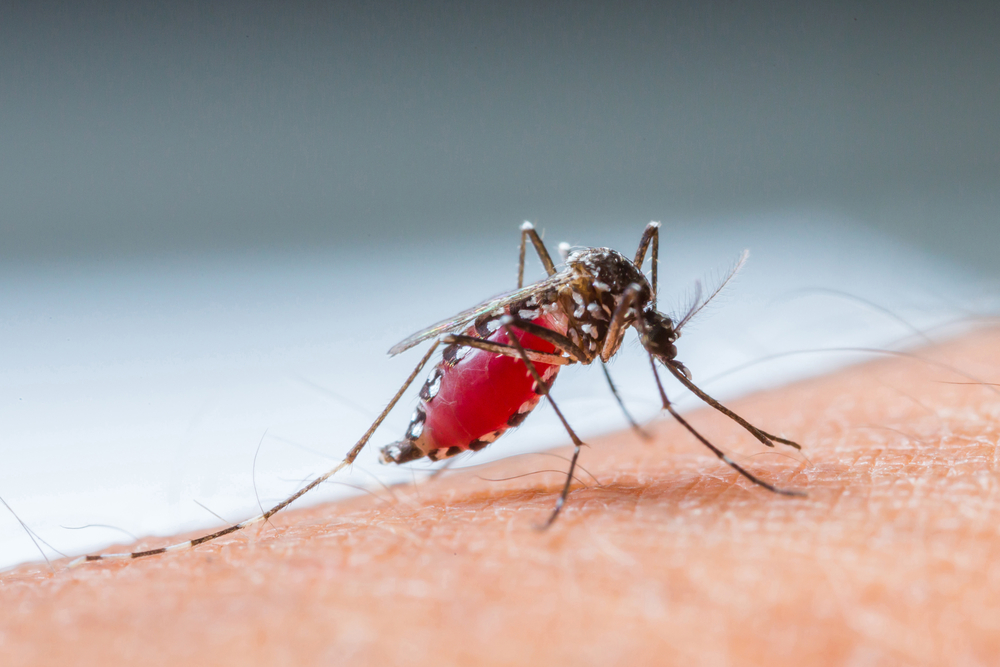Breaking
President Aquino orders Health Department to closely monitor Zika virus

According to the Centers for Disease Control and Prevention, Zika virus is spread to people through mosquito bites. (ShutterStock image)
MANILA – President Aquino directed the Department of Health (DOH) to monitor the situation abroad and study the Zika virus to ensure public safety, a Palace official said.
Presidential Communications Development and Strategic Planning Office Undersecretary Manolo Quezon III noted in a radio interview Saturday that according to the current briefers on the said virus it is not easily transmittable.
DOH advisories also say that the precautions on the virus is very similar precautions against dengue fever.
“In other words, ang dapat ay siguruhin na hindi kumalat ang mga mosquito na nagdadala ng virus na ito,” Quezon said over dzRB Radyo ng Bayan.
He said everyone has a role to play in making sure everybody is healthy and safe, especially pregnant women.
Quezon advised the public to maintain cleanliness and orderliness in their homes and destroy the breeding grounds of mosquitoes, the known carrier of the disease.
“Second of all, kung mayroon tayong nakikitang outbreak of dengue or similar diseases, to get in touch with your barangay health center or ‘yung barangay mismo para pwede silang mag-coordinate with the DOH para magkaroon ng pest control,” he said.
Lastly, he said people must be vigilant and whenever they notice anyone as having fever they must see a doctor immediately.
“In other words, calmness, information, cooperation are our tools against this disease, and we should remain alert for any updates from the Department of Health,” he continued.
According to the Centers for Disease Control and Prevention, Zika virus is spread to people through mosquito bites. The most common symptoms of Zika virus disease are fever, rashes, joint pains, and conjunctivitis (red eyes).
The illness is usually mild with symptoms lasting from several days to a week. Severe disease requiring hospitalization is uncommon.
In May 2015, the Pan American Health Organization (PAHO) issued an alert regarding the first confirmed Zika virus infection in Brazil.
The outbreak in Brazil led to reports of Guillain-Barre syndrome and pregnant women giving birth to babies with birth defects and poor pregnancy outcomes.





















